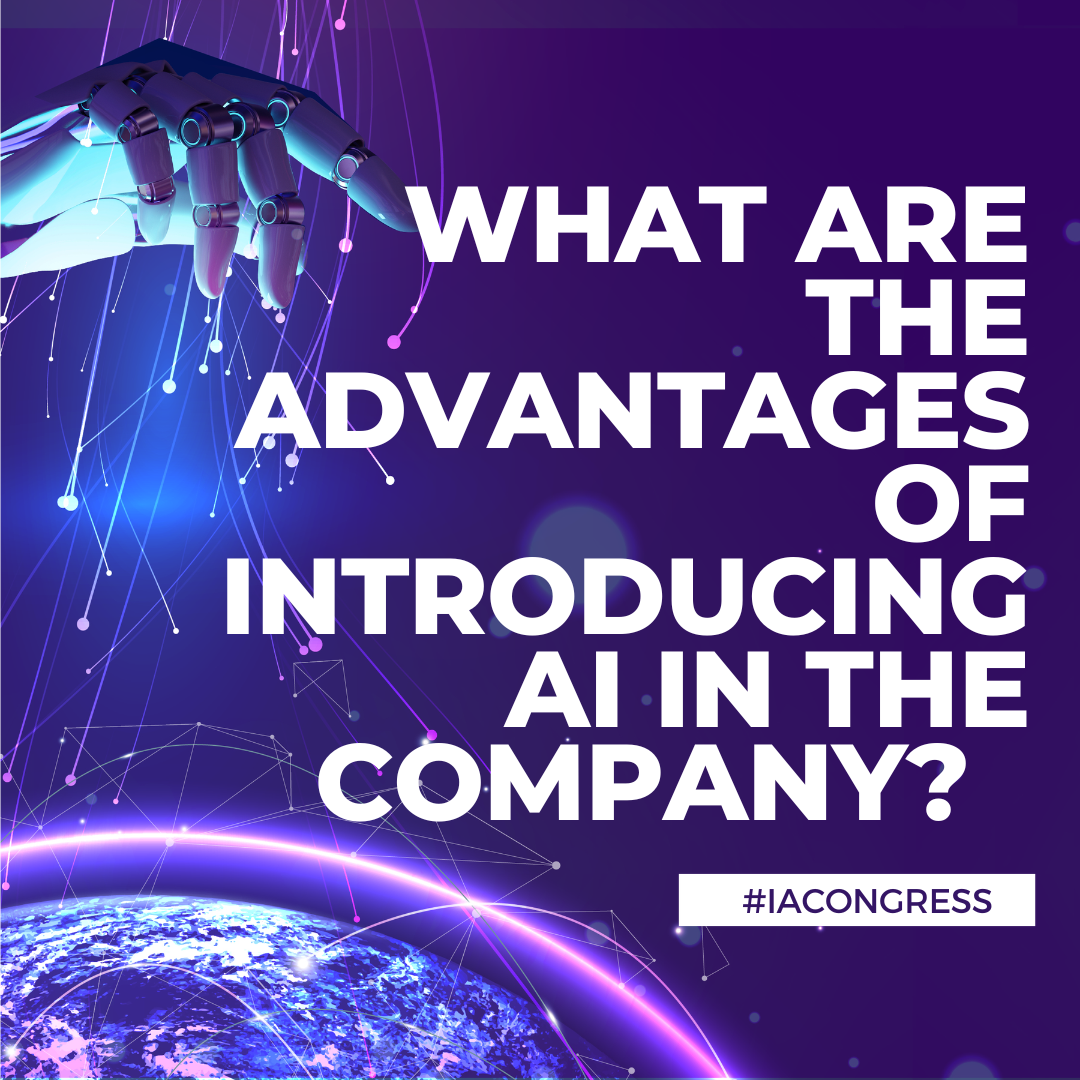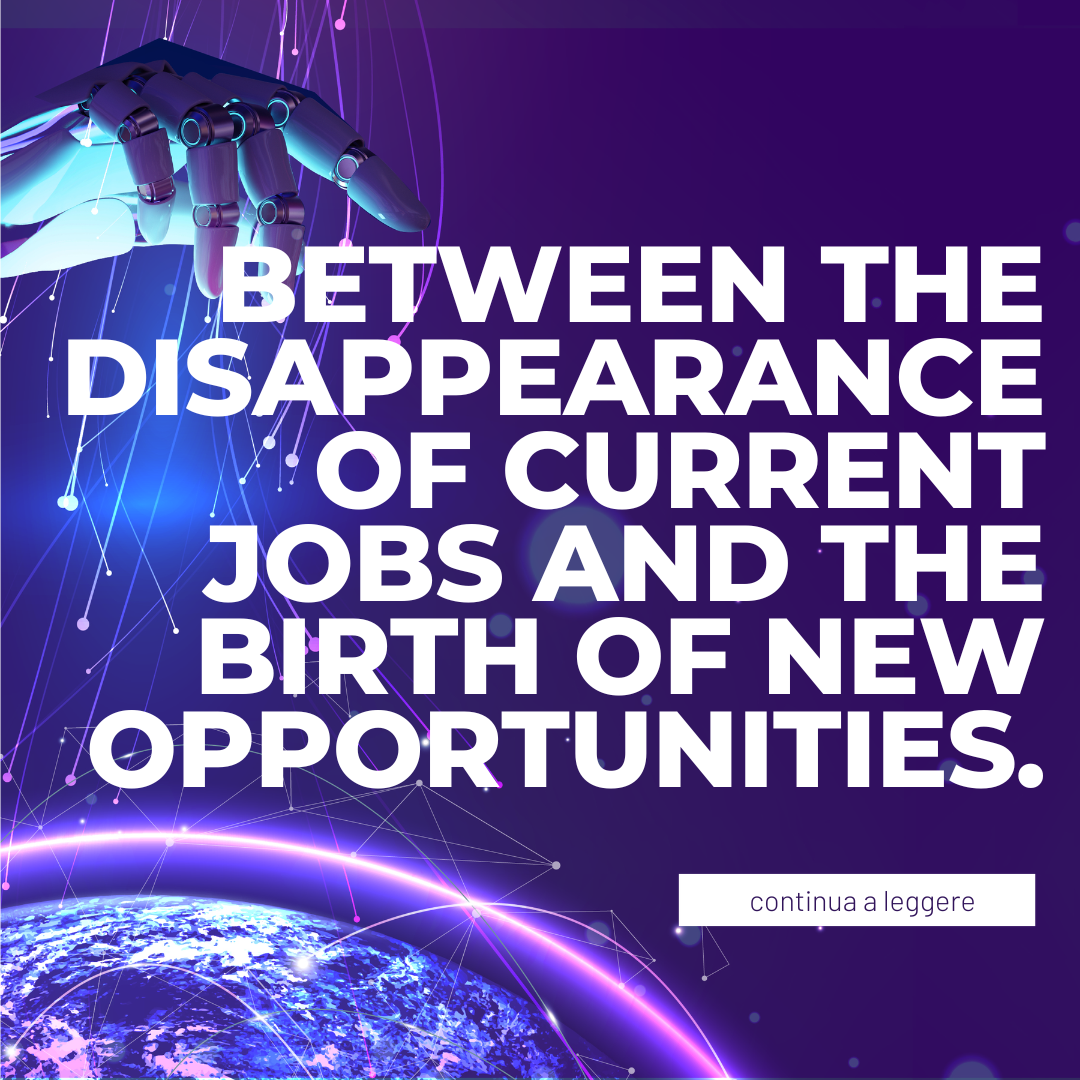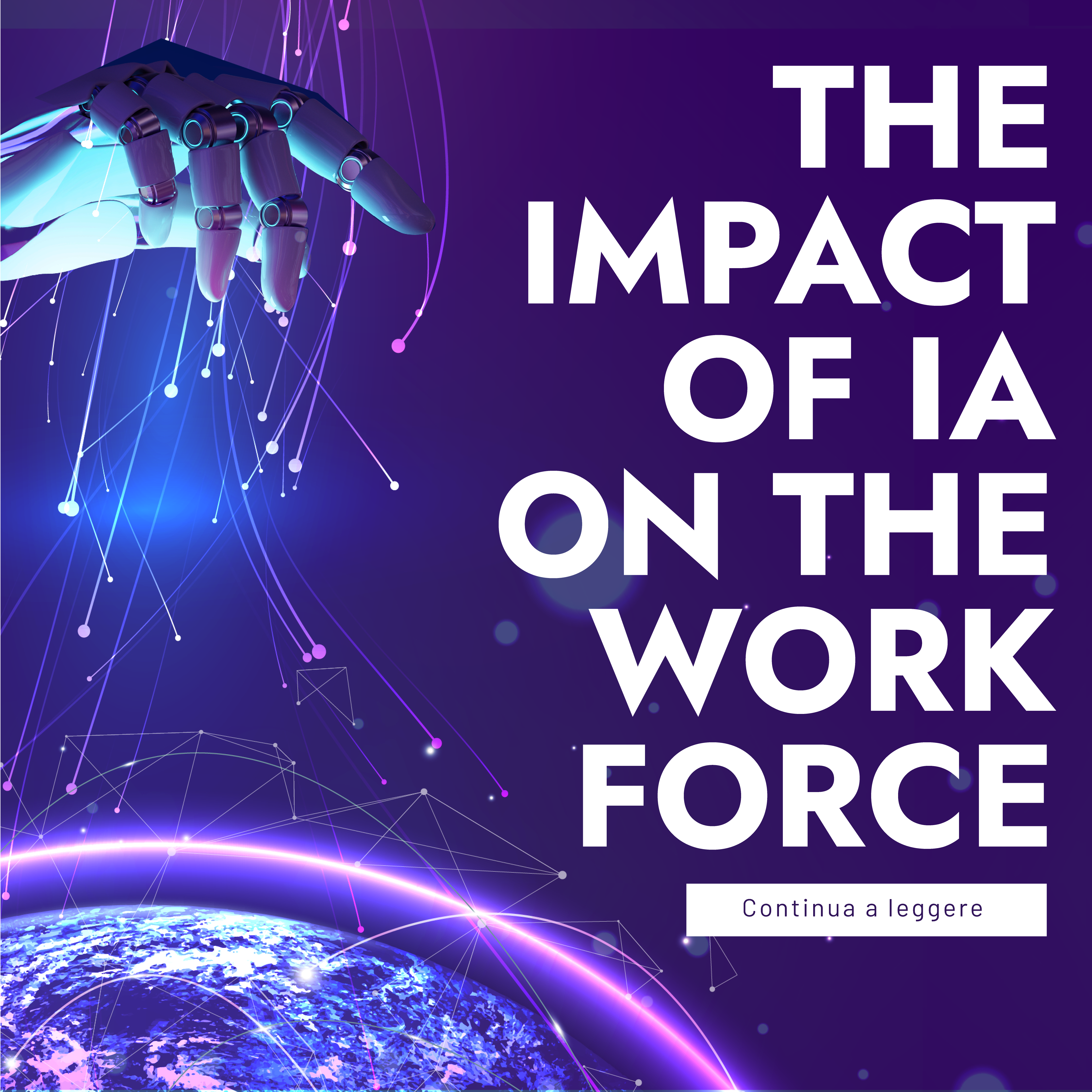
Introduction In the rapidly evolving digital landscape, Intelligent Automation (IA) stands out as a transformative force in business. Blending the capabilities of Artificial Intelligence (AI) with traditional automation, IA is redefining how companies operate, compete, and thrive.
Understanding Intelligent Automation At its core, IA is the synergy of AI and automation technologies. It’s about making processes smarter, more adaptive, and more efficient. This goes beyond mere task automation to encompass AI-driven data analysis and automated decision-making, reshaping the future of work.
The Role of AI in Intelligent Automation AI elevates automation by introducing advanced intelligence, enabling systems to learn, predict, and make decisions. This fusion creates an environment where tasks are performed automatically and optimized for better outcomes, thanks to AI’s capabilities in understanding language, recognizing patterns, and processing large data volumes.
Impact on Business Efficiency IA is a game-changer for business efficiency. It streamlines operations, from customer service with chatbots to supply chain management, enhancing productivity and agility. IA accelerates operations and provides insightful analytics for continuous improvement.
Challenges and Solutions in Implementing IA Implementing IA presents challenges like integrating legacy systems, managing data quality, and adapting organizational change. However, with phased implementation, employee training, and adaptable IA tools, these challenges can be overcome, paving the way for a successful IA transformation.
The Future of Work with IA IA is shaping a future where routine tasks are automated, allowing for more strategic, creative work. It promises a collaborative environment where human ingenuity is complemented by automated efficiency, leading to innovative and effective solutions.
Transforming Customer Experience with IA IA is revolutionizing customer interactions. Integrating AI, businesses can offer personalized service 24/7. Chatbots, automated recommendations, and AI-driven support systems enhance engagement and satisfaction, providing quick resolutions and tailored experiences.
Conclusion Intelligent Automation holds immense potential for businesses and the workforce. Its ability to transform processes, enhance efficiency, and improve customer experiences positions IA as a key element in the journey towards digital transformation and innovation.


